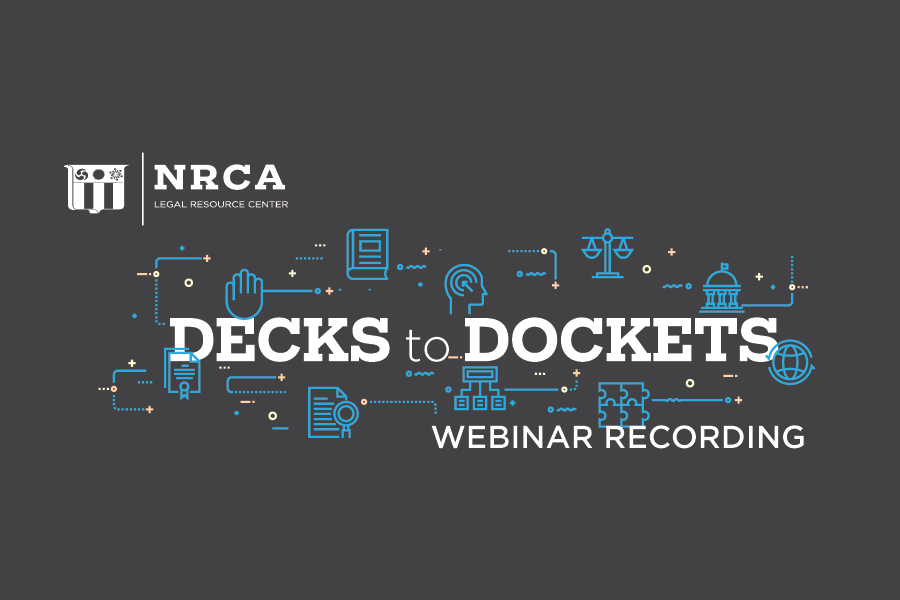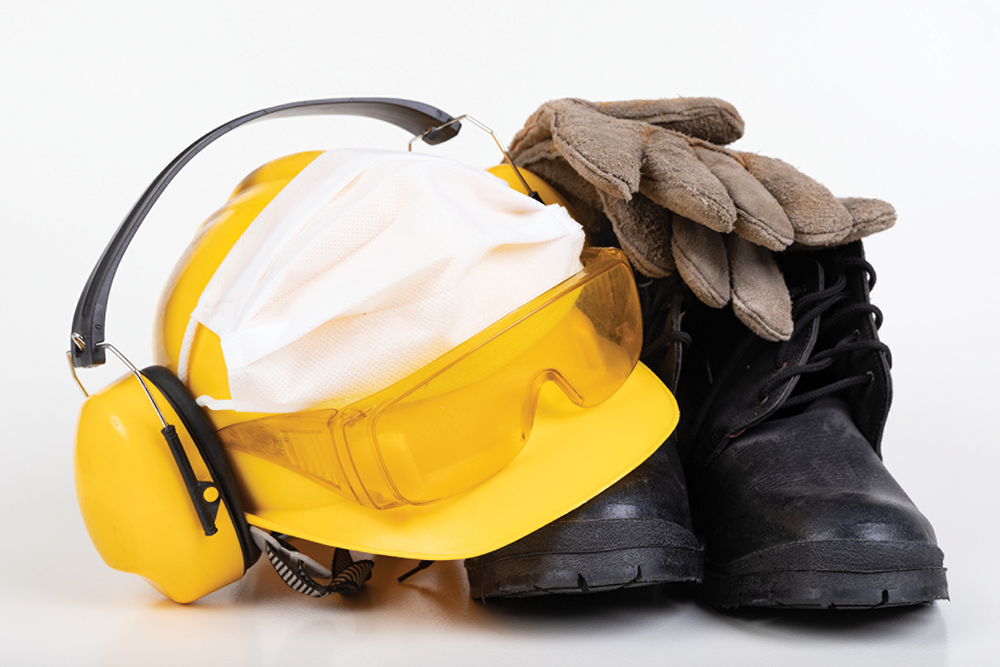Diane Hendricks again tops Forbes’ list of richest self-made women
 Hendricks Hendricks
|
Diane Hendricks, co-founder and chairman of NRCA One Voice member ABC Supply Co. Inc., Beloit, Wis., has topped the list of America’s Richest Self-made Women in Forbes magazine for a third consecutive year.
Worth $8 billion, Hendricks chairs one of the largest wholesale distributors of roofing, siding and windows in the U.S. ABC Supply has 780 branch locations and more than $11 billion in sales.
According to Forbes magazine, Hendricks started the company in 1982 with her late husband, Ken, and has led the company since his death in 2007. Under her leadership, ABC Supply made the two biggest acquisitions in its history—buying rival Bradco in 2010 and building materials distributor L&W Supply in 2016.
Hendricks has spent millions supporting local economic development, rebuilding entire blocks in Beloit and bringing several new businesses to Wisconsin.
Recordings from NRCA’s virtual legal conference are available

|
NRCA has announced all nine conference session recordings from NRCA’s Virtual Legal Conference, Roofing Issues: Decks to Dockets, now are available for purchase. Available in the NRCA Bookstore, the price is $49 per session for NRCA members and $69 per session for nonmembers.
Roofing industry professionals can learn the latest legal, business and technical information from industry experts in a convenient and cost-effective platform. Available recordings include:
- Navigating Crisis Management Post-COVID-19: How to Protect Your Business Amidst an Ongoing Uncertain Year
- Emerging Technical Issues Posing Liability Risks to Roofing Contractors
- Contract Documents Every Roofing Contractor Should Use … and What Should be Included in Those Documents
- Restrictive Covenants, Nondisclosure Agreements and Unfair Competition
- 5 Key Issues in Residential Roofing Contracts
- Understanding Factory Mutual Requirements, Wind Uplift, Roof Assembly Delamination and Roofing Contractor Liability
- 5 Greatest Legal Challenges When Using Subcontractors on Projects
- Legal Issues Surrounding Diversity in Roofing
- Roofing and Construction Cases and Court Decisions
Recordings are available at shop.nrca.net. Contact NRCA’s Customer Service Department at (866) ASK-NRCA (275-6722) or info@nrca.net for additional information or ordering assistance.
Connect with NRCA en Español on Instagram!

|
NRCA has launched NRCA en Español on Instagram. Spanish-speaking roofing workers and roofing contractors are encouraged to stay connected with their roofing communities by following @nrcaenespanol at instagram.com/nrcaenespanol.
NRCA en Español shares information of interest to the Spanish-speaking roofing community and celebrates quality roofing projects, professionalism and Latino culture.
Generation Z seeks financial stability, adaptability in careers

|
Although Generation Z’s perception of the construction industry is evolving, Generation Z workers interviewed on Associated General Contractors of America’s ConstructorCast podcast said contractors could do more to attract the demographic, according to constructiondive.com.
The podcast guests said Generation Z workers—generally defined as those currently under the age of 25—want financial stability and to continually adapt to the economic and technological landscape, so it is important to create a path where they can envision their future.
Josh Miller, former director of Generation Z studies for management consulting firm XYZ University, Minneapolis, and current student at Northwestern University, Evanston, Ill., said most of the people in this demographic were born into a world of financial change and conflict, causing them to crave stability. Because of that need for stability, Generation Z respects individuals who make smart personal financial decisions, such as going into the trades.
That highlights an important difference between Millennials and Generation Z. Millennials typically prioritize their work as their main source of fulfillment and are less likely to compromise. Generation Z typically is willing to find lucrative work and recognize the trades are a viable route. However, Miller said work-life balance is more important to Generation Z.
Anna Bennett, a student at the University of Louisiana at Monroe and an AGC student chapter leader, agreed with the need for stability. She said her contemporaries are looking for forward-thinking companies where they can envision themselves working for many years while still having time for family.
Bennett and Miller rejected the notion that going into the trades means someone is a failure and said that idea typically comes from parents. It is key for contractors to show how an individual can succeed in the industry.
For Tyler Korte, an AGC student chapter leader at Pittsburg State University, Pittsburg, Kan., and field engineer for Crossland Heavy Contractors, Columbus, Kan., having contractors bring workers who are one or two years out of college to recruiting days was crucial because the students could relate to the young workers who discussed their experiences working in the industry.
New York City job-site injuries have fallen 20% since 2017
New York City Department of Buildings officials say the safety training mandated through local legislation passed in 2017 has contributed to more than a 20% decrease in job-site injuries—the largest decline in injuries in nearly a decade, according to constructiondive.com. The department announced Oct. 29 it has issued 100,000 Site Safety Training cards.
The New York City Department of Buildings also has started accepting applications for its Construction Site Safety Reimbursement Program, a one-time grant to help offset the cost of training for construction companies with up to 15 employees.
Since the city enacted Local Law 196, the department has been sending building officials to job sites and informing workers and construction employers about the training requirements, deadlines and where they can sign up for in-person and online courses.
As part of the law, construction workers on large and complex projects must obtain Site Safety Training cards by completing at least 40 hours of safety training approved by the Occupational Safety and Health Administration and New York City Department of Buildings; New York City Department of Buildings-licensed site safety professionals must have 62 hours of safety training, and construction and demolition workers on the city’s 5,300 covered construction sites are required to have 30 hours of safety training; and construction workers on covered job sites must complete 40 hours of safety training and obtain their Site Safety Training cards by March 1, 2021, the final compliance deadline.
In late 2019, The New York Times reported the New York City Department of Buildings had been conducting more than 20,000 surprise inspections at about 25% of all active New York City job sites. From September 2018 to mid-November 2019, 38 inspectors fined violators $15 million and issued more than 2,500 stop-work orders.
Companies experiencing second wave of COVID-19 effects

|
Recent survey results from the Associated General Contractors of America show construction companies are experiencing a second wave of effects on their business operations caused by the COVID-19 pandemic.
Three quarters of contractors surveyed said they had projects delayed or canceled completely—up from 60% in August and 32% in June. Only 23% of respondents reported they are working on new or expanded jobs.
“The survey results make it clear the months-long pandemic is undermining demand for projects, disrupting vital supply chains and clouding the industry’s outlook,” says AGC Chief Economist Ken Simonson.
The outlook comes after various high-profile, billion-dollar construction projects shut down before completion as the pandemic and the government’s response to it continue.
“I certainly think the green light, yellow light, red light nature of reopenings is tough on making long-term investment decisions, like a gigantic, multibillion dollar chemical plant or a public facility,” Simonson says. “All of those things, I think, are causing investors reason to pull back on future construction and say we’re going to postpone until we’re sure the economy is really recovering on a sustained basis.”
The results were worse for the biggest contractors; Simonson says 88% of firms with revenues of $500 million or more reported postponed or canceled projects, but only 73% of firms with revenues of $50 million or less reported the same. Additionally, severe material shortages and supply chain issues are creating project delays. Seventy-eight percent of survey respondents said they were experiencing delays in ongoing jobs—up from 57% in June.
Although a boom in residential construction has led to a rise in overall construction employment numbers, Simonson says that masks the decline in nonresidential jobs. He says it could take some time before construction returns to normal, even after a COVID-19 vaccine is in place.
International Roofing Expo® announces virtual conference and expo

|
The International Roofing Expo has announced—with NRCA’s full support—a virtual conference and expo will be held March 2-4, 2021. The in-person event is rescheduled to Aug. 10-12 at the Mandalay Bay Convention Center in Las Vegas.
The IRE 2021 Virtual Conference and Expo will allow the industry to share best practices for the current market, discuss the latest trends, and see new products and technology. The event will feature live and on-demand educational sessions, a virtual exhibit directory, product showcase and networking platform where attendees and exhibitors can engage with each other via chat, video calls and more.
For more information, go to theroofingexpo.com.



